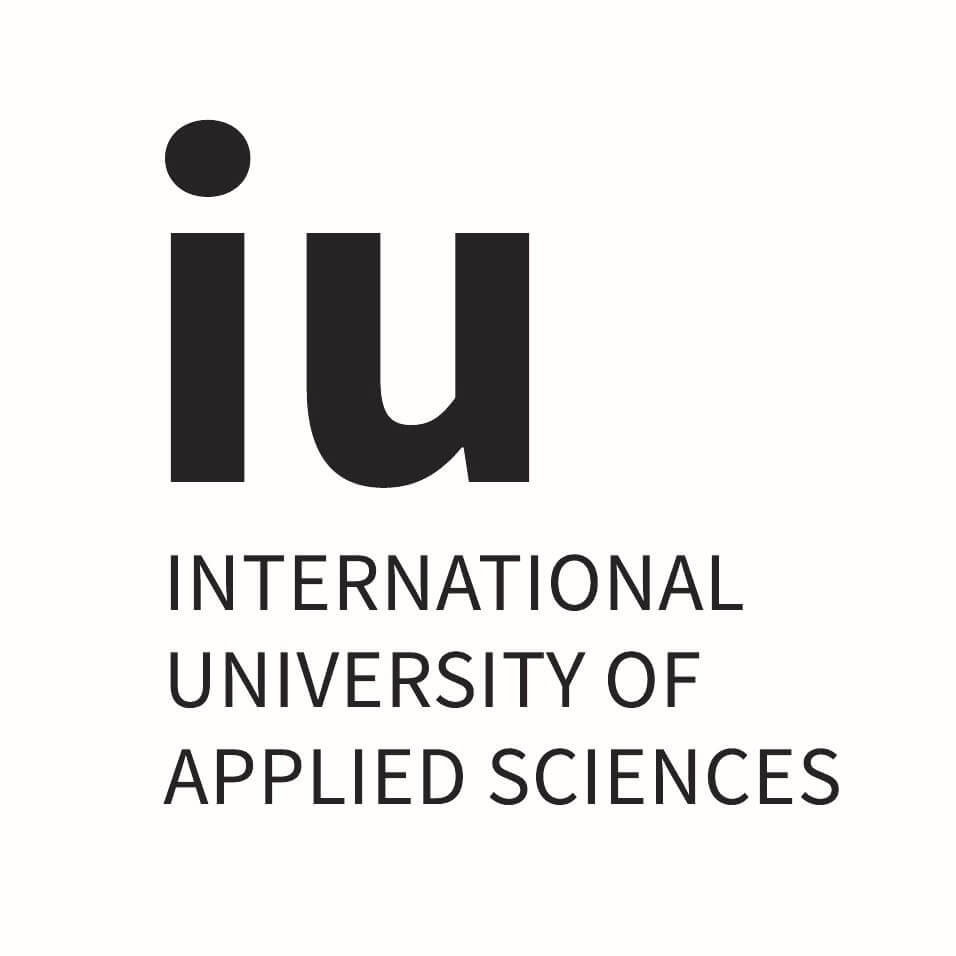This programme is designed to develop practical and theoretical skills. In Term 1 (September- December) students will study Digital Marketing Practice, Branding People Places and Spaces, and Future Marketing and Transformational Technologies. Each of these modules develop practical skills and outputs while applying traditional theories.
Term 2 (January to April) focuses more on the theoretical underpinnings of digital marketing, including developing creative research skills, digital communications and understanding online behaviours.
You will study 120 credits of core taught classes over one year, followed by an MSc dissertation or the ‘Developing Professional Practice’ module.
This programme includes the following modules:
Digital Marketing Practice (20 credits)
Branding People, Places and Spaces (20 credits)
Future Marketing and Transformational Technologies (20 credits)
Digital Marketing Theory (20 credits)
Creative Research (20 credits)
Content Media Management (20 credits)
Students then have the opportunity to complete either:
Marketing, Events & Tourism Dissertation Module (60 credits)
Or Developing Professional Practice (60 credits)
To prepare for the Digital Marketing Institute (DMI) online exam you will also be able to undertake the following, non-credit bearing module:
DMI Accreditation module (non-credit bearing)
Finally, you will have the opportunity to develop, as part of the individual module assessments, an online portfolio of competencies that will sharpen your practical skills.
Teaching and Assessment
LEARNING AND TEACHING
Scheduled learning: 30%
Independent study: 70%
ASSESSMENT
Assessment is 100% coursework based. Methods will include:
Portfolios of practical work
Presentations and pitches
Academic posters
Reports
Literature reviews
Research proposals
Reflective reports
Course Structure
Find out more about the structure, learning outcomes, compulsory and optional modules in this course.
MSc Digital Marketing Course Structure
Show less














